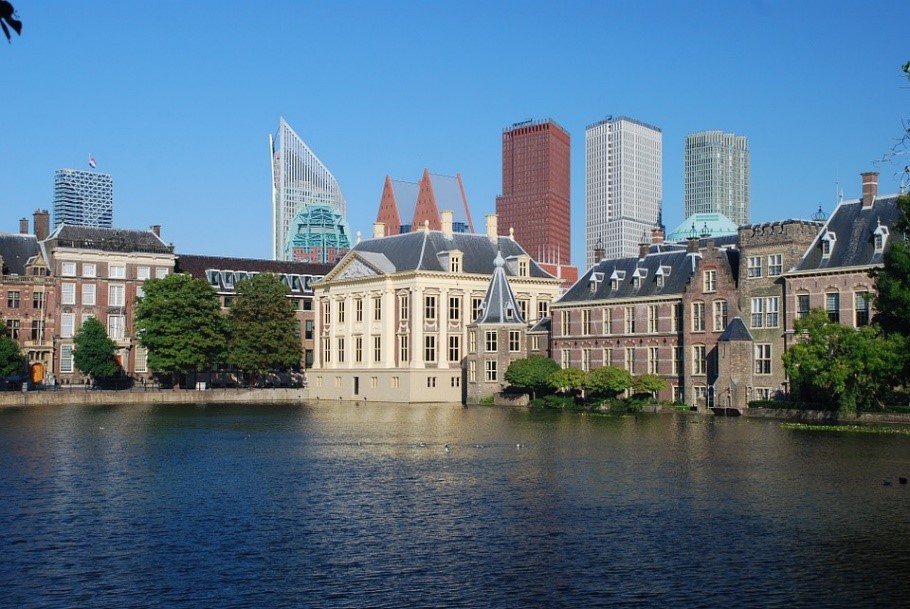
Will the influence of ordinary citizens in The Hague ever come to fruition?
Many unrest and protests in society in recent years have a similar appeal: they do not feel heard. Has The Hague forgotten how to listen or does the problem lie elsewhere?
Alberto Alemanno is the guru of the citizen lobby. Italian by birth, professor and founder of The Good Lobby, a club that helps citizen lobbies gain better access to power. Or better yet, in his words: 'equalizing access to power'.
He recently spoke at the World Economic Forum in Davos and this week in Bilbao. If we lose confidence in governments, big companies should step in to provide solutions to major social issues, he told the CEOs. However, the big companies are failing. They 'hijack' the governments by lobbying for their own interests. In doing so they block social changes. His call in Davos: 'It is high time to democratize lobbying as a means to restore trust in our societies.'
What is Alemanno concerned about? Isn't the democratization of the lobby already well underway? Civil society has been making itself heard for years. Eva Rovers recently called for real democracy. The farmers and their nitrogen protests, the local resistance against wind turbines, the protests for stricter climate measures, against racism. And there are hundreds of other causes for which ordinary people take action, sometimes loudly, sometimes in the background.
The big question is: will the influence of the citizen lobby on The Hague really matter?
Because it sounds optimistic from Alemanno, a fine example of wishful thinking, which we would like to give a hearty applause for. But let's also remain realistic. Because it doesn't really make any progress.
To give the citizen lobby easier access to power, we especially need the recipients of that lobby: politicians and top civil servants. They must open the door to the democratized lobby. And with that receptiveness things don't go well. Read the analyzes of two seasoned political journalists, both of whom have been watchdogs of power in The Hague for about ten years. Tom-Jan Meeus by NRC and Ariejan Korteweg by de Volkskrant.
Their farewell stories tell the truth. We have too much politics and too weak management. There is too much attention for the Hague coop full of excited chickens. Too much profiling from too many political parties. Panting, which journalists pay too much attention to. Too much urge for control on the part of civil servants to protect their ministers from the cold wind of the media and Parliament.
The benefits scandal, the earthquake misery for Groningen residents, the national government is losing respect among the citizens. Despite the call for more transparency and more influence from citizens (there we have Alemanno), the House of Representatives maintains the closed political culture, from one generation of politicians to the next.
New administrative culture and more attention to citizens? If the Hague's mores change at all, it will be gradually, writes Korteweg.
Gradual? There's a good chance that the citizen lobby won't wait for that.
Written by Sybrig van Keep and Erik van Venice. Co-authors of Public affairs in a social perspective. With Arco Timmermans, Robert Coops and Rob de Lange.




